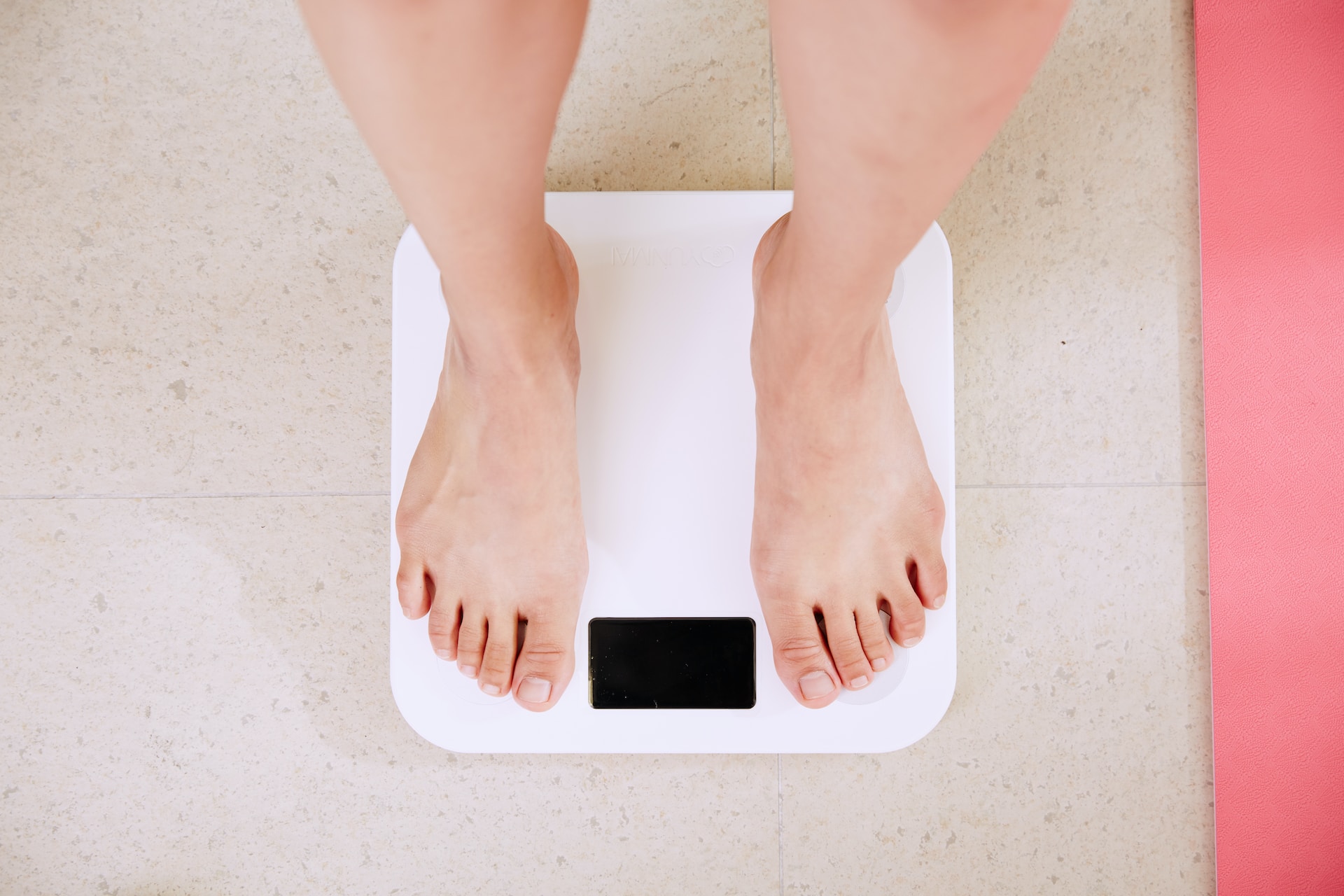With so much information floating out there on the internet, it can be hard to distinguish between advice that's beneficial and tips that can actually be detrimental. That's why in this article, we're going to dive into some of the most common dieting tips, exploring 15 that you should follow and 15 you should ignore. As we jump into the new year, we're aware that many of you may be looking to make healthy lifestyle changes - so why don't we go on this journey together? Let's debunk these myths and set the record straight on healthy eating habits!
1. Balanced Meals
If you want to diet in a healthy and sustainable manner, always focus on creating a balanced plate for every meal. This just means that half your plate should be fruits or vegetables, a quarter should be lean protein, and the last quarter should be whole grains. You want your meals to be filling, but also nutrient-packed from a variety of different foods!
 Photo by Farhad Ibrahimzade on Unsplash
Photo by Farhad Ibrahimzade on Unsplash
2. Hydration is Key
Drinking water is a lot more important than you may think; always start your day with a glass of water. Staying hydrated helps maintain your metabolism while also aiding in your digestion. As a rule of thumb, you should be trying to drink at least eight 8-ounce glasses of water daily.
 Photo by Nigel Msipa on Unsplash
Photo by Nigel Msipa on Unsplash
3. Mindful Eating
What is mindful eating you ask? It means that you should be trying to eat slowly during your meals without any distractions. Mindful eating can help you enjoy your food more while also preventing overeating.
 Photo by Louis Hansel on Unsplash
Photo by Louis Hansel on Unsplash
4. Healthy Snacking
Just because you're going on a diet doesn't mean you have to stop snacking! All you have to do is change what you snack on - choose healthy snacks like nuts, fruits, and yogurt to keep your energy levels stable and to prevent overeating during meal times.
 Photo by Amanda Vick on Unsplash
Photo by Amanda Vick on Unsplash
5. Regular Exercise
It's not just about what you eat, it's also about adopting healthy lifestyle changes!
One important change you need to make is incorporating regular physical activity into your routine. Exercise doesn't only burn calories, but it can also improve your mood and boost your energy levels.
 Photo by bruce mars on Unsplash
Photo by bruce mars on Unsplash
6. Adequate Sleep
Sleep is also an important factor when following a healthy diet. Make sure you get enough sleep every night so that you feel well rested every day. Lack of sleep can lead to weight gain, bad eating habits, and increased hunger.
 Photo by Isabella Fischer on Unsplash
Photo by Isabella Fischer on Unsplash
7. Portion Control
Never underestimate the power of portion control! While dieting, it's a good idea to stay mindful of portion sizes - using smaller plates and bowls can help you naturally eat less without feeling deprived.
 Photo by Farhad Ibrahimzade on Unsplash
Photo by Farhad Ibrahimzade on Unsplash
8. Limit Added Sugars
It shouldn't be a surprise that you need to reduce your intake of added sugars found in sodas, desserts, and processed foods when you're dieting. All this sugar contributes to weight gain AND they provide no nutritional value at all. It's hard to push sugary food away, but for your health, it's necessary.
 Photo by Mathilde Langevin on Unsplash
Photo by Mathilde Langevin on Unsplash
9. Fiber-Rich Foods
Another great tip is to try and include lots of fiber-rich foods into your diet. Foods high in fiber like vegetables, fruits, and whole grains don't just provide you with amazing health benefits, they help keep you full for longer.
 Photo by Iñigo De la Maza on Unsplash
Photo by Iñigo De la Maza on Unsplash
10. Healthy Fats
Incorporating healthy fats into your diet is another important factor to consider too.
Some examples of great sources of healthy fats include avocadoes, olive oil, and nuts, all of which will help you keep satiated.
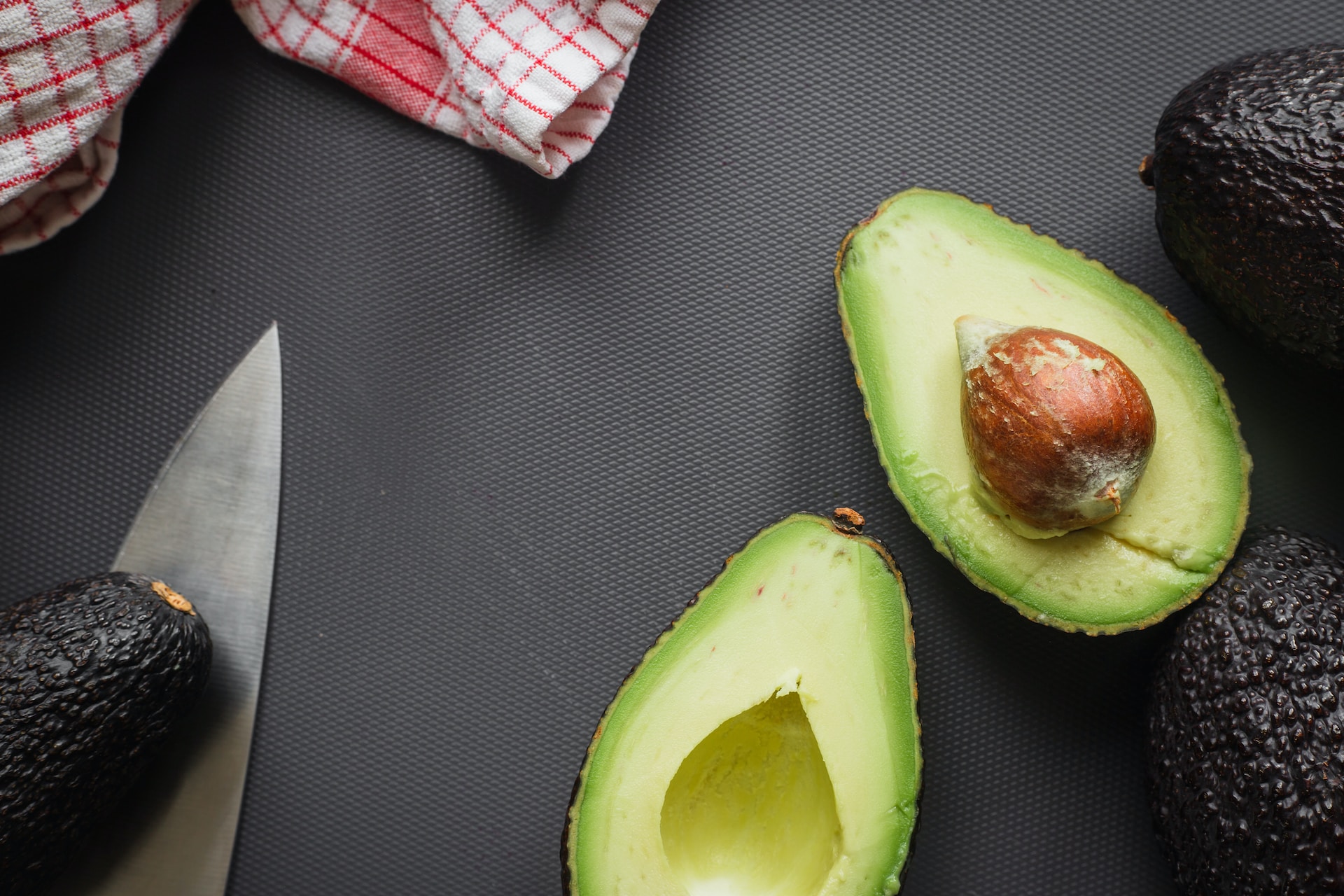 Photo by Louis Hansel on Unsplash
Photo by Louis Hansel on Unsplash
11. Meal Planning
Planning your meals ahead of time can be surprisingly helpful for your dieting journey. Doing so helps you to avoid unhealthy food choices, making it easier for you to stick to a balanced diet. It also helps to take the stress out of deciding what sort of healthy meals you should make!
12. Cook at Home
Cooking at home will not only improve your culinary skills, but it's also an important step to take when dieting. Why? Because cooking at home allows you to control the ingredients you put into your meal and the portion sizes. On the plus side, it's usually a lot healthier and cheaper than eating out too!
 Photo by Le Creuset on Unsplash
Photo by Le Creuset on Unsplash
13. Moderation, Not Deprivation
Always remind yourself that dieting isn't about depriving yourself of your favourite foods. It's all about moderation. If you completely restrict yourself from enjoying treats occasionally, it just makes it so much easier to break your healthy habits! Instead, you should treat yourself to small amounts from time to time to help satisfy your cravings.
 Photo by Nutriciously on Unsplash
Photo by Nutriciously on Unsplash
14. Listen to Your Body
Trust your body and always listen to the signs it's giving. Eat when you feel hungry and stop when you feel full; there's no dieting plan or schedule that should replace your own body's signals.
Listening to your body's cues is what will ultimately help you prevent overeating.
 Photo by Louis Hansel on Unsplash
Photo by Louis Hansel on Unsplash
15. Stay Consistent
Last but not least, consistency is absolutely key - stick to your healthy eating habits. Remember, dieting shouldn't just be seen as a temporary goal, you should view it as an opportunity to make a healthy lifestyle change.
 Photo by Farhad Ibrahimzade on Unsplash
Photo by Farhad Ibrahimzade on Unsplash
1. Skipping Meals
When it comes to dieting tips that you should definitely ignore, the top of the list is skipping meals, especially breakfast. A lot of people may suggest that "not eating" or "skipping meals" is a fast way to lose weight, but in reality, skipping meals can lead to overeating later and slowing down your metabolism.
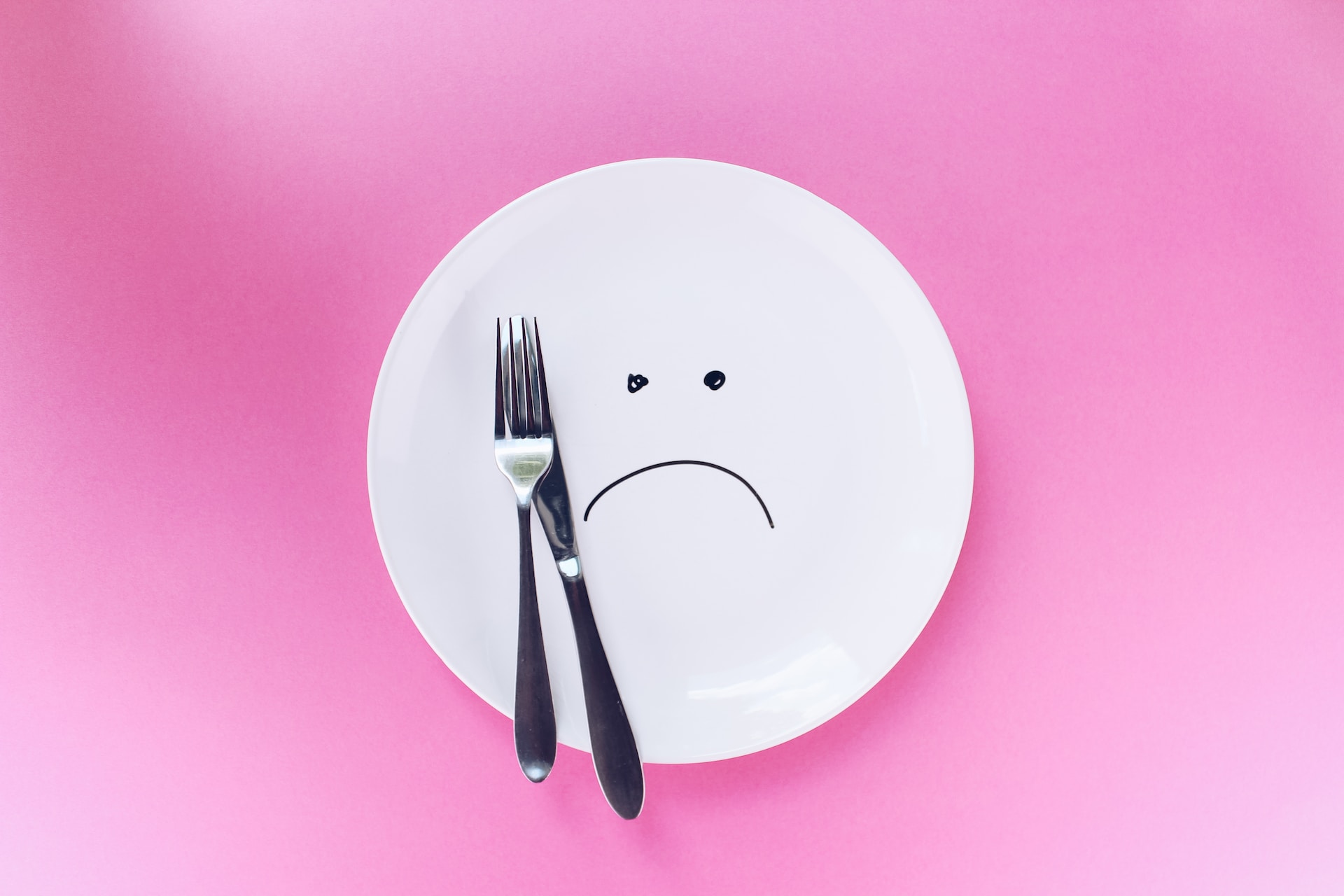 Photo by Thought Catalog on Unsplash
Photo by Thought Catalog on Unsplash
2. Extreme Calorie Restriction
Drastically cutting calories and being incredibly strict is not a sustainable method of dieting and can in fact be very harmful. Not only can it lead to nutrient deficiencies, it can also negatively impact your metabolism.
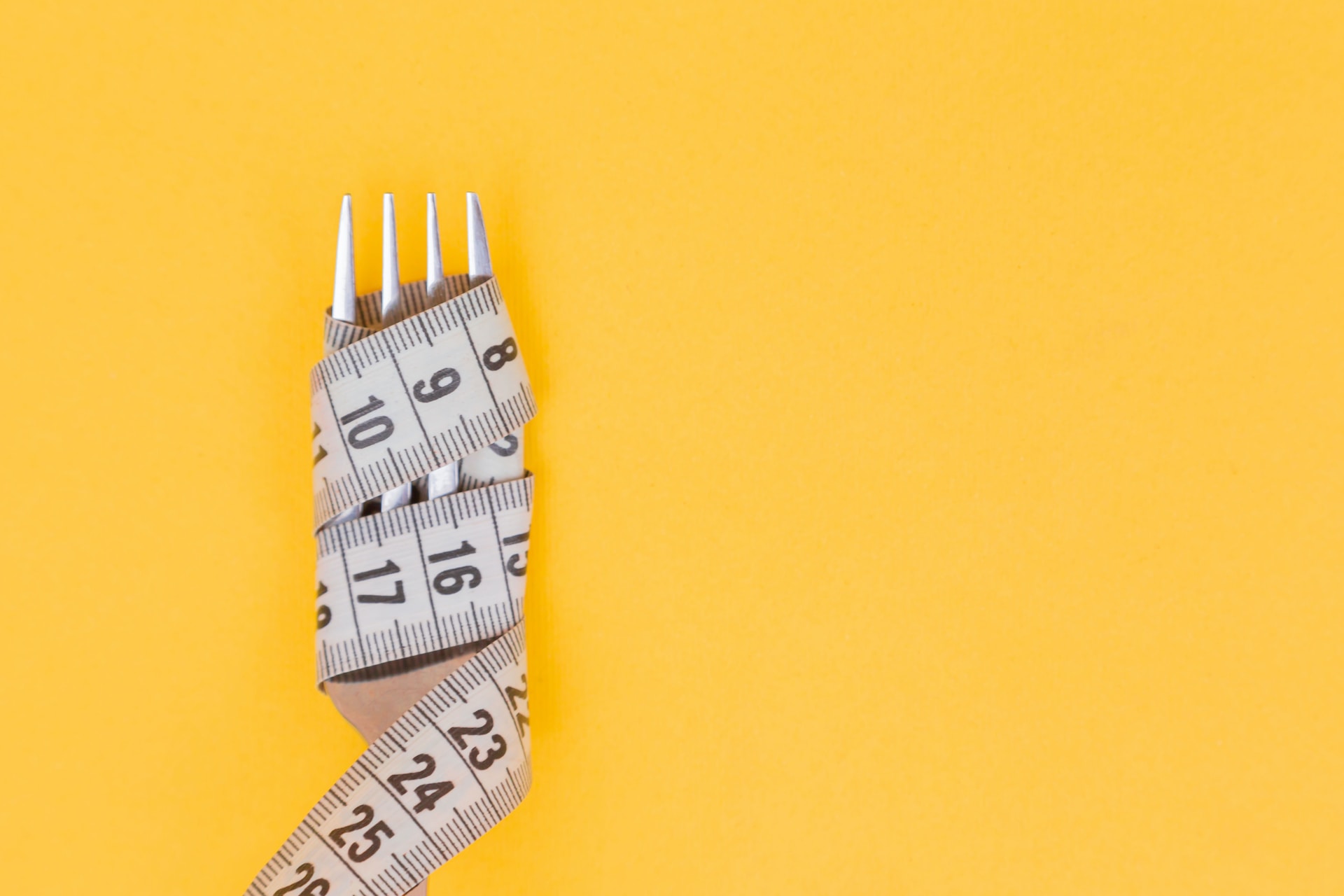 Photo by Diana Polekhina on Unsplash
Photo by Diana Polekhina on Unsplash
3. Eliminating Whole Food Groups
Cutting out entire food groups, like carbs or fats, is not a healthy or balanced approach to dieting and improving your lifestyle. Your body needs a variety of nutrients, from ALL food groups. Instead, you should be focusing on eating BALANCED meals that are nutritious, filling, and delicious.
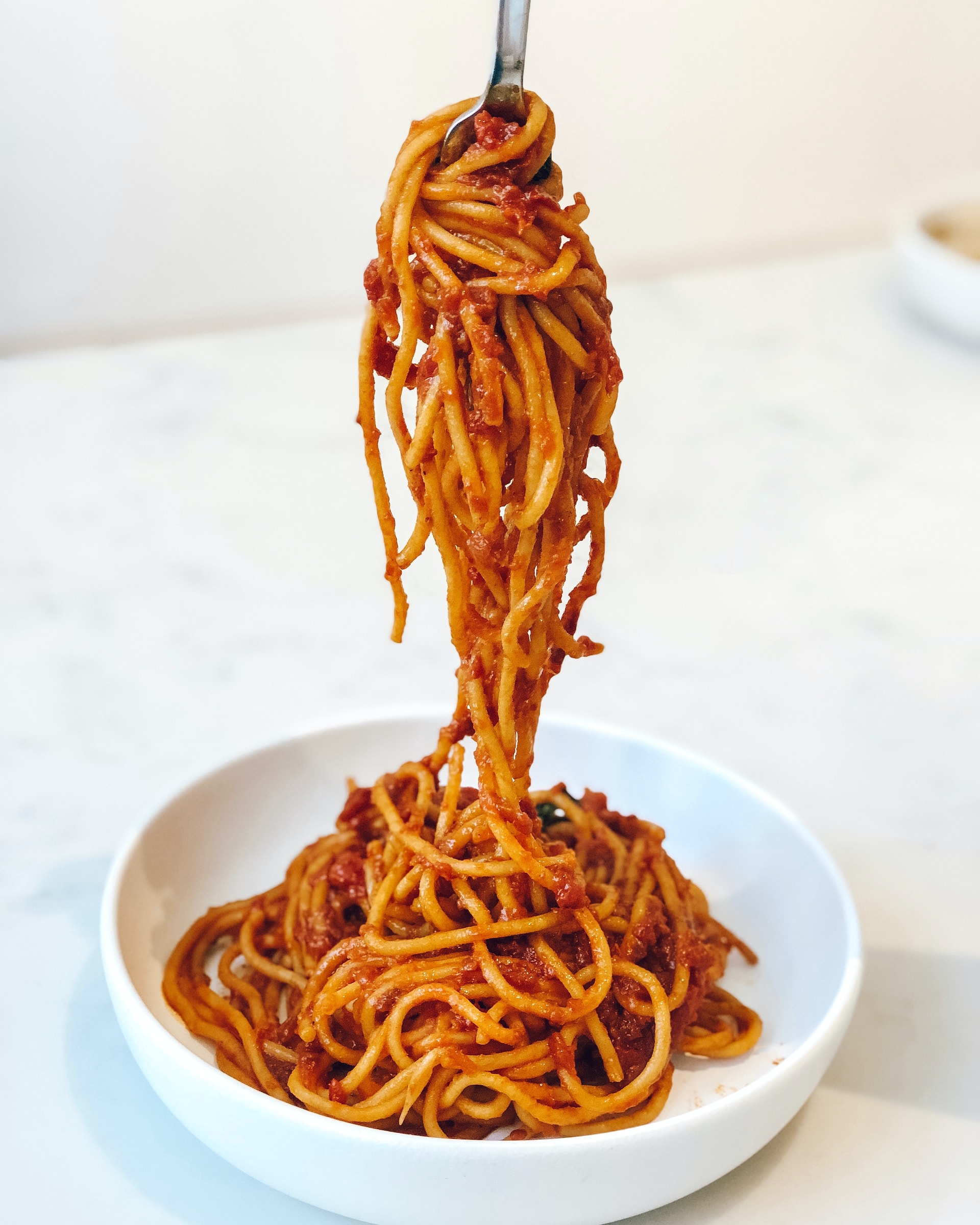 Photo by Krista Stucchio on Unsplash
Photo by Krista Stucchio on Unsplash
4. Relying on Fad Diets
Dieting trends and fads may seem appealing because they promise quick results, but they're not sustainable or carefully developed.
Long-term health requires a balanced diet and lifestyle changes, not just a fleeting trend that you happen to see on social media.
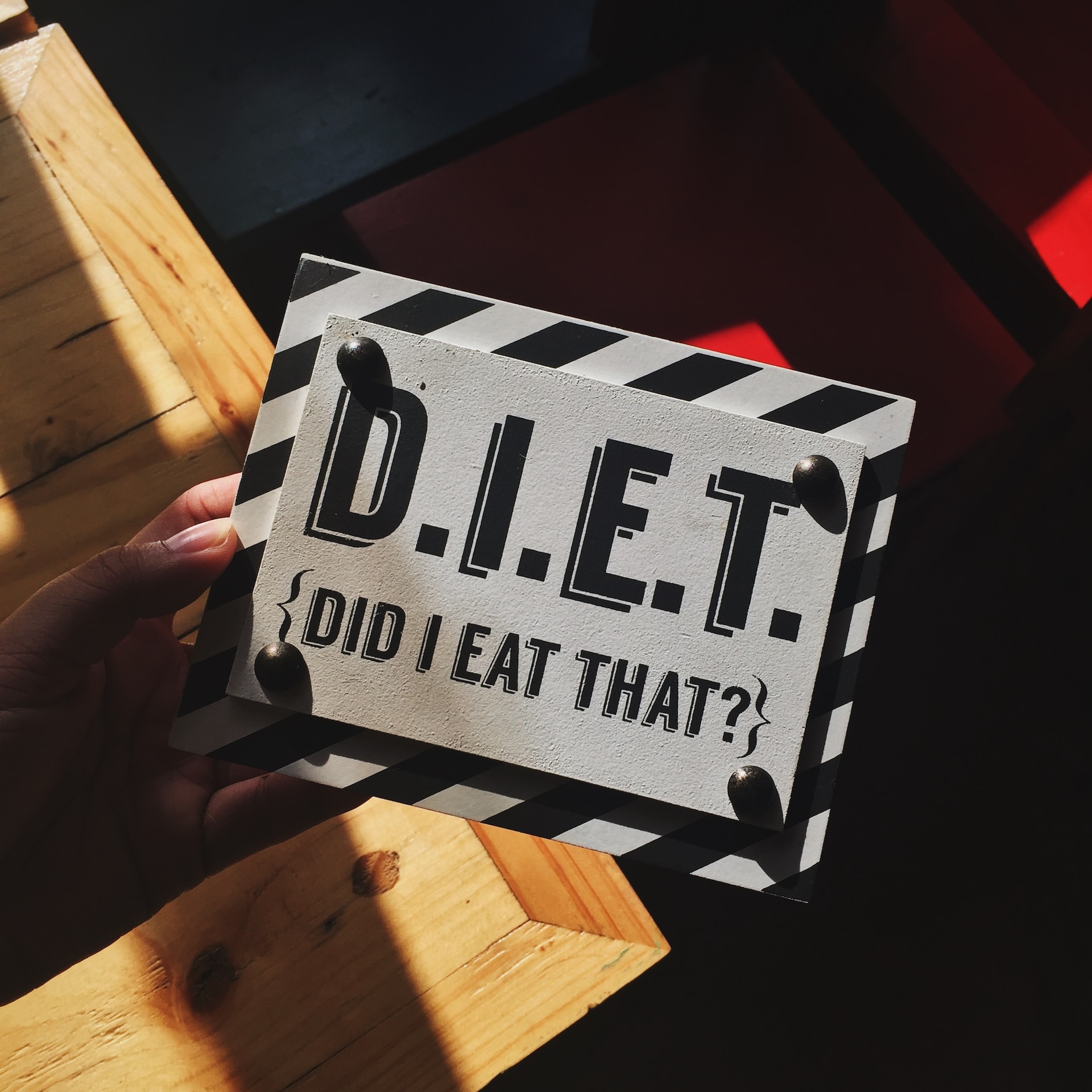 Photo by Jamie Matociños on Unsplash
Photo by Jamie Matociños on Unsplash
5. Over-Exercising
While yes, exercise is important and necessary for a healthier lifestyle, overdoing it can lead to injury and burnout. Once again, it's all about moderation and balance; you should be looking to adopt a routine that matches your habits and preferences.
 Photo by Annie Spratt on Unsplash
Photo by Annie Spratt on Unsplash
6. Ignoring Hunger Cues
If your body is hungry, you have to feed it! It's not good to ignore hunger cues, it can disrupt your metabolism and lead to overeating later. It's important that you remember eating is NOT a bad thing - when you're dieting, it's just about being mindful of WHAT you eat.
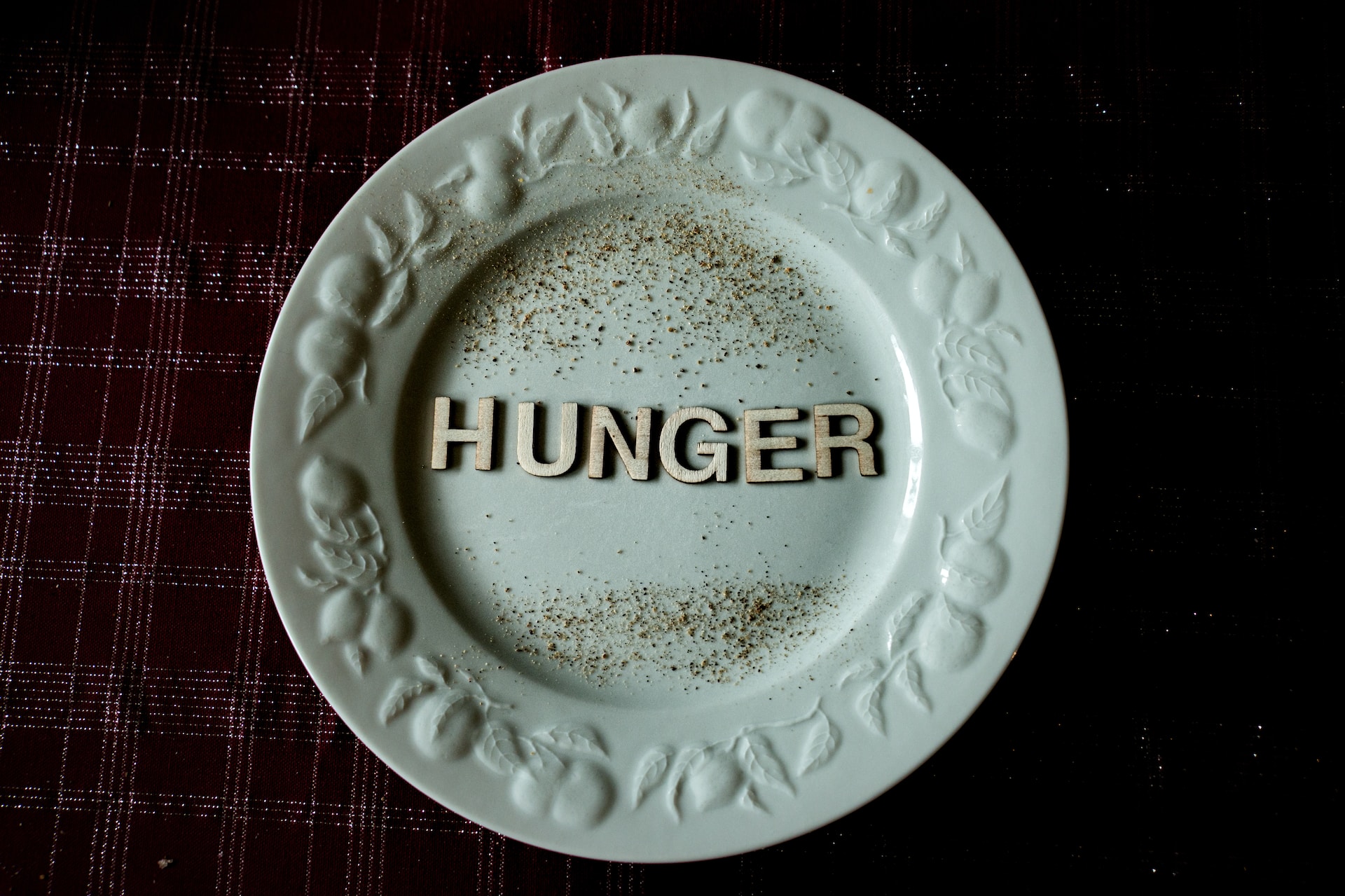 Photo by Siegfried Poepperl on Unsplash
Photo by Siegfried Poepperl on Unsplash
7. Using Diet Pills
Diet pills can be dangerous and are not a substitute for healthy eating and exercise. They can have serious side effects and often do not lead to long-term weight loss.
 Photo by Diana Polekhina on Unsplash
Photo by Diana Polekhina on Unsplash
8. Detox and Cleanse Diets
Detox and cleanse diets are often too extreme and lack proper scientific backing. While you may see these trends all over social media, you should know that your body is naturally equipped to detoxify itself and that these diets can be more harmful than beneficial.
 Photo by Mariah Hewines on Unsplash
Photo by Mariah Hewines on Unsplash
9. Eating Only “Diet” Foods
Don't be fooled by the word "diet" being labelled on certain snacks or foods - in fact, diet foods can be highly processed and might not even be satisfying. It's much better and healthier for you to eat a balanced diet of whole, unprocessed foods.
 Photo by Tamas Pap on Unsplash
Photo by Tamas Pap on Unsplash
10. Believing in “Magic” Foods for Weight Loss
Listen, even if you want to believe it, no single food can cause weight loss. You have to put in the work too! It's all about a balanced diet and regular exercise. At the end of the day, it's these two factors that are the most important when looking at a healthy diet plan.
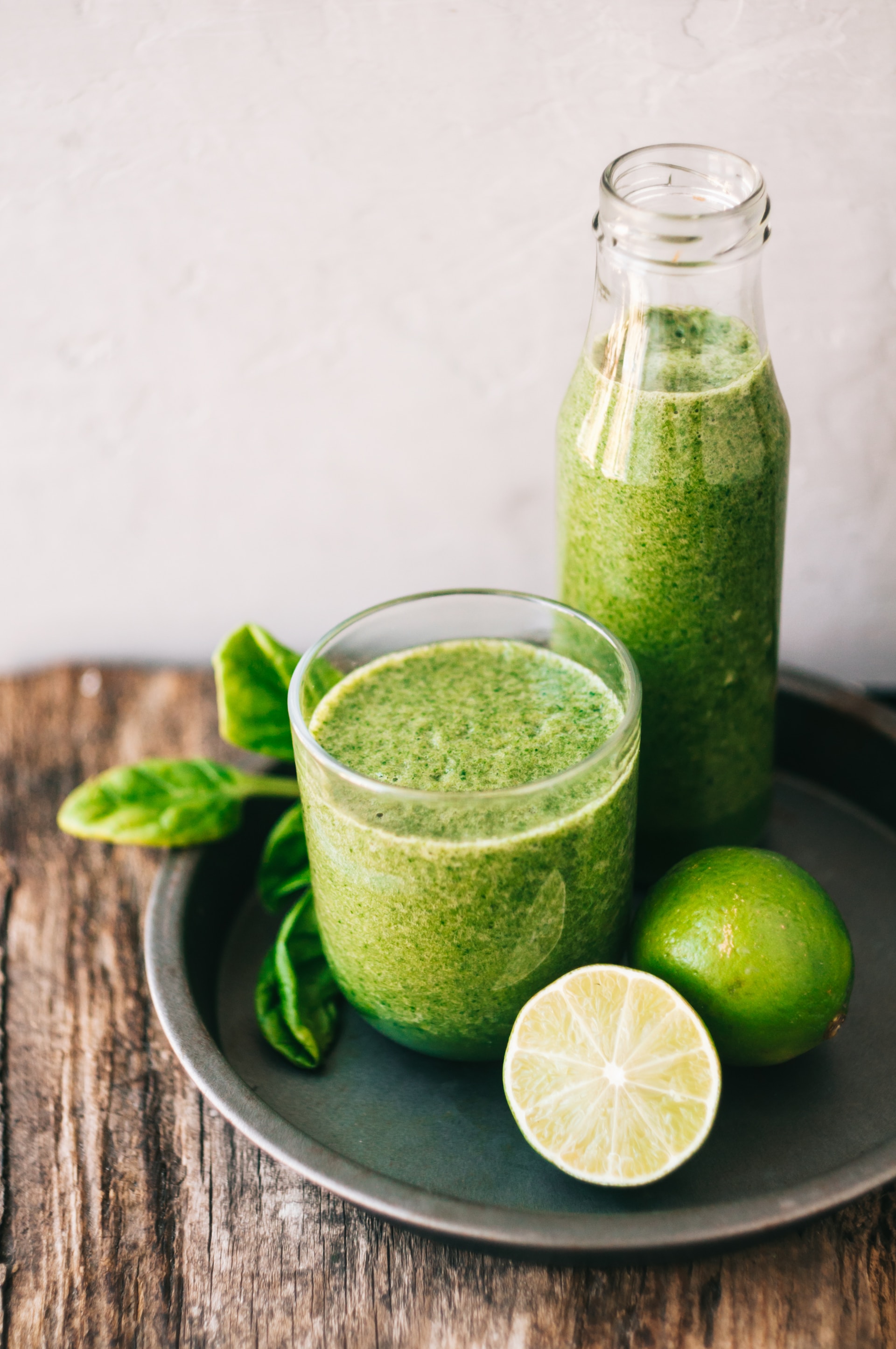 Photo by Alina Karpenko on Unsplash
Photo by Alina Karpenko on Unsplash
11. Completely Cutting Out Snacks
Who said you have to cut out all your snacks? Healthy snacking is actually an important part of dieting - it helps to prevent your from overeating, and helps you maintain your diet.
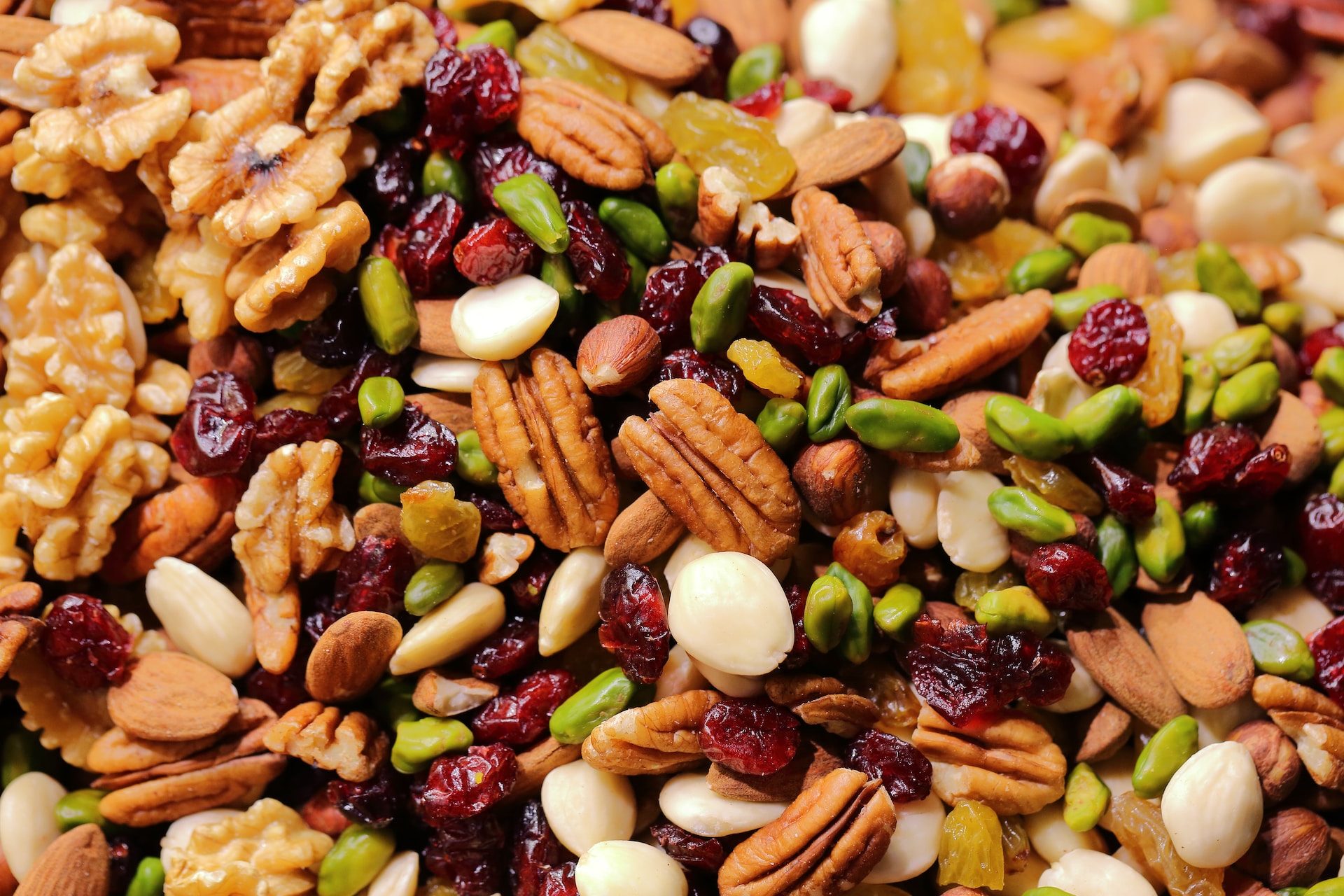 Photo by Maksim Shutov on Unsplash
Photo by Maksim Shutov on Unsplash
12. Following Unrealistic Beauty Standards
Don't let unrealistic beauty standards dictate your dieting goals. Focus on health and well-being rather than striving for an unattainable body image.
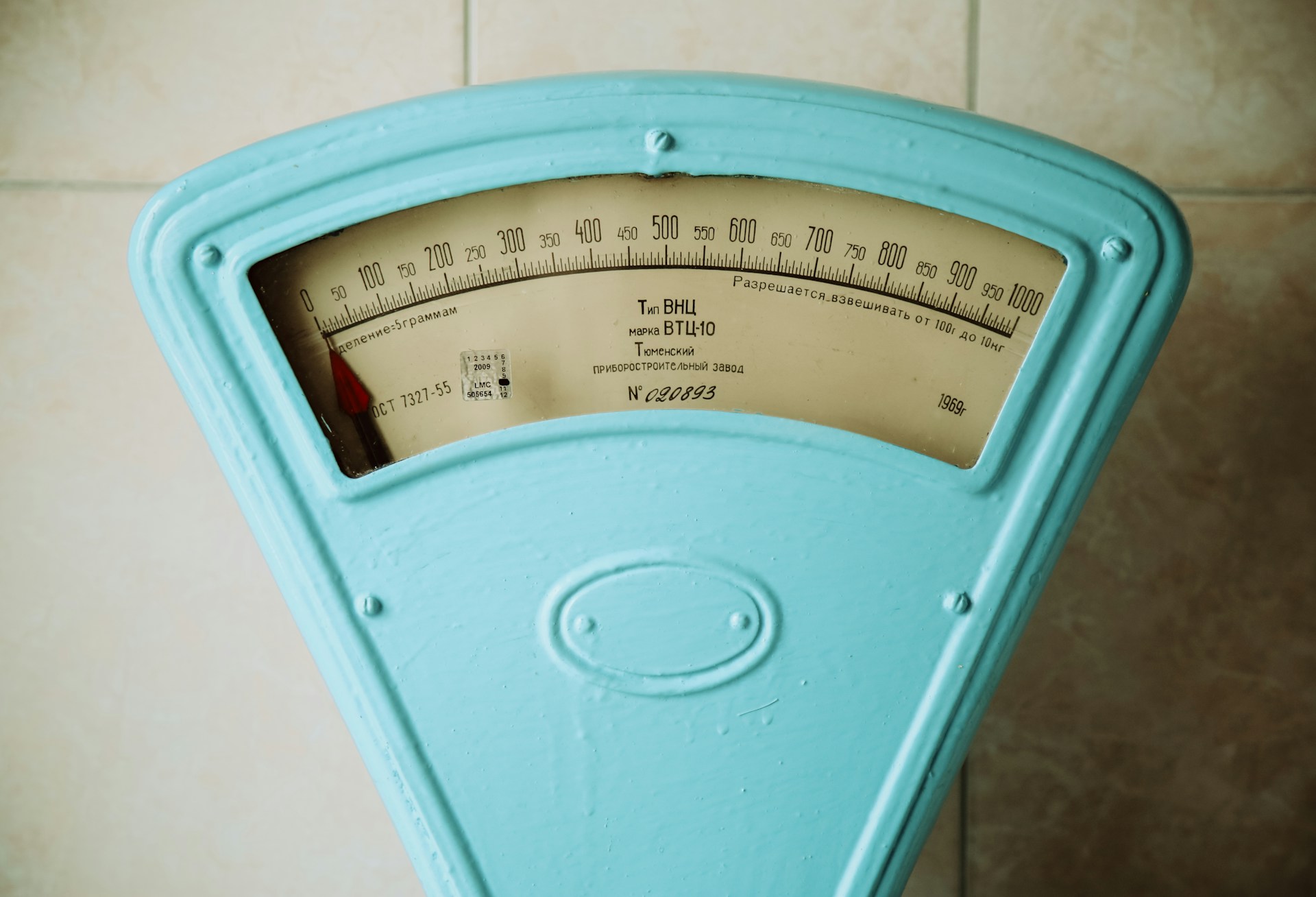 Photo by Graphic Node on Unsplash
Photo by Graphic Node on Unsplash
13. Ignoring Nutritional Balance
Focusing solely on calories without considering the nutritional value of foods is a mistake. Nutritional balance is crucial for overall health.
 Photo by Pickled Stardust on Unsplash
Photo by Pickled Stardust on Unsplash
14. Quick Fixes and Shortcuts
Unfortunately, there are no quick fixes to losing weight in a healthy manner, and if anyone tells you otherwise, don't believe it! It requires time, effort, and lifestyle changes, but it'll be so worth it. Just keep yourself dedicated and committed and you'll be amazed by the results!
15. Neglecting Mental Health
Mental health is just as important as physical health. Neglecting it can lead to unhealthy eating habits and a negative relationship with food.
KEEP ON READING




